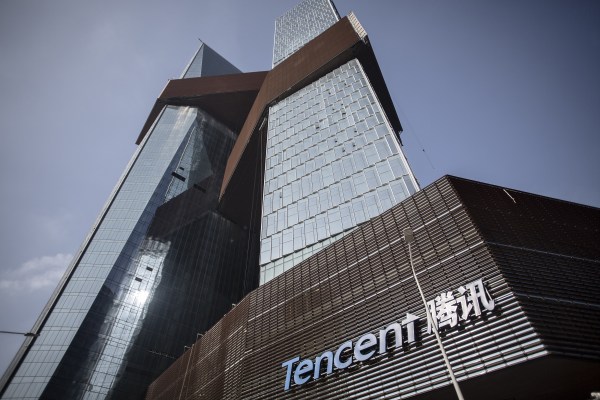Chinese Internet giant Tencent has announced it’s bringing in a new system of age checks to its video games which will be linked to a national public security database — in an effort to reliably identify minors so it can limit how long children can play its games.
The new real name-based registration system will initially be mandated for new players of its popular Honour of Kings fantasy multiplayer role-playing battle game.
It will be introduced around September 15, according to Reuters.
Tencent said the planned ID verification system — which Bloomberg couches as equivalent to a police ID check — is the first of its kind in the Chinese gaming industry, and claimed it will enable it to accurately identify underaged players and impose existing play time restrictions.
Last July Tencent said it would impose a playtime maximum of one hour per day for children up to aged 12, and a maximum of two hours a day for those between 13 and 18. But if kids can get around age checks such limits are meaningless.
“Through these measures, Tencent hopes to continue to better guide underaged players to game sensibly,” it said in a statement on its official WeChat account about the beefed up checks. It also said it plans to gradually expand the requirement to its other games.
In total Tencent’s gaming portfolio is reported to have more than 500 million players in China.
The move comes amid a crackdown by the Chinese government on video gaming over fears of health problems and addiction among children.
Late last month a statement posted on the Education Ministry website said new curbs were needed to counter worsening myopia among minors.
Ministers have long said they want to limit the amount of time kids can play games — although achieving that outcome is clearly a major challenge, given the popularity of video games and the proliferation of devices from which they can be accessed.
Tencent’s move to link age verification to a public security database does seem to represent a significant new step towards the government achieving its goal of also controlling kids’ digital activity. And investors reacted negatively to the announcement — pushing Tencent’s shares down more than 3%.
Shares in the company also dived around 3% last week when the government announced its latest gaming crackdown.
Reuters notes that shares in two other major Chinese game developers, China Youzu Interactive and Perfect World, also dropped 5.5% and 3.6%, respectively, as investors digested the regulatory risk.
Last year the Chinese government also tightened general Internet regulations, doubling down on its long standing real-name registration rules.
